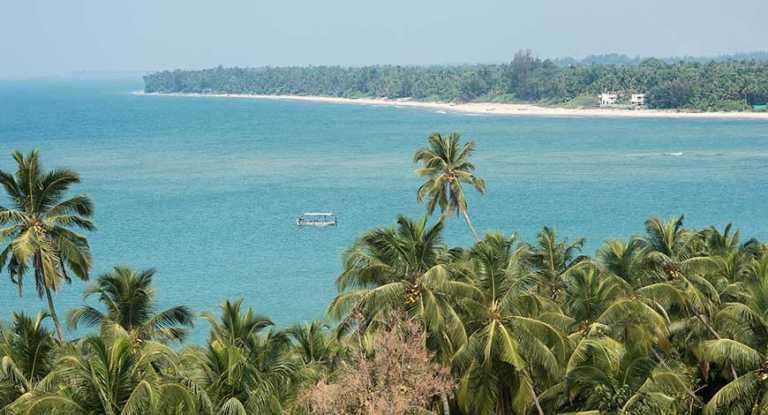
Most Indian travellers surveyed really feel polluted seashores and overtourism, adopted by single-use plastics and power inefficiencies, are a number of the high considerations that impression sustainable tourism, based on a report.
In India, the highest practices most related to environment-friendly or sustainable journey are lodging utilizing renewable power and sources like photo voltaic, wind, hydroelectric and water, no single-use plastics and travelling to locations that aren’t high-density vacationer spots, stated the survey report by worldwide digital journey company Agoda.
The Sustainable Journey Tendencies Survey, which was performed amongst 18,327 travellers worldwide together with 1,020 from India, has been rolled out to mark the World Setting Day on June 5.
When requested about what Indians related probably the most with sustainability, these topped the listing have been renewable sources (36 per cent), pure cleansing merchandise (32 per cent), and eco-friendly design or furnishings (31 per cent).
In the meantime, globally and in India, folks contemplate governments most accountable for making constructive environmental modifications round journey, adopted by tourism authorities and people themselves.
In India, 24 per cent of the overall respondents imagine the federal government is probably the most accountable with regards to making modifications to assist journey extra sustainability, adopted by 22 per cent who cite tourism authorities and 20 per cent who stated travellers themselves can carry on this change.
When requested what the travellers would pledge to do higher in a post-COVID-19 journey state of affairs, the highest responses globally and in India have been to handle their waste together with utilizing much less single-use plastics, and swap off the air conditioner and lights when leaving their lodging.
Agoda CEO John Brown stated, ‘We are able to see from the survey that the messages of taking easy steps resembling switching off lights and air-con when leaving the room or lowering waste by minimising use of single-use plastics are being embraced by the general public throughout the globe.’ He added that what can also be clear is that whereas globally, the message is that the governments have to take the lead on managing sustainable journey, there may be recognition that some duty lies with folks’s personal behaviour.
‘Whereas there are totally different interpretations of what practices are eco-friendly or sustainable, most individuals are eager to have the ability to do their half, by actively pledging to decide on eco-friendly properties or make smarter environmental decisions when travelling,’ Brown acknowledged.
He stated one of many methods to counter considerations about overtourism is to contemplate travelling to off-the-beaten observe locations. ‘This previous 12 months, on our platform, we noticed a shift in journey patterns, as folks, restricted to home journey, discover lesser-known areas.’
(PTI)